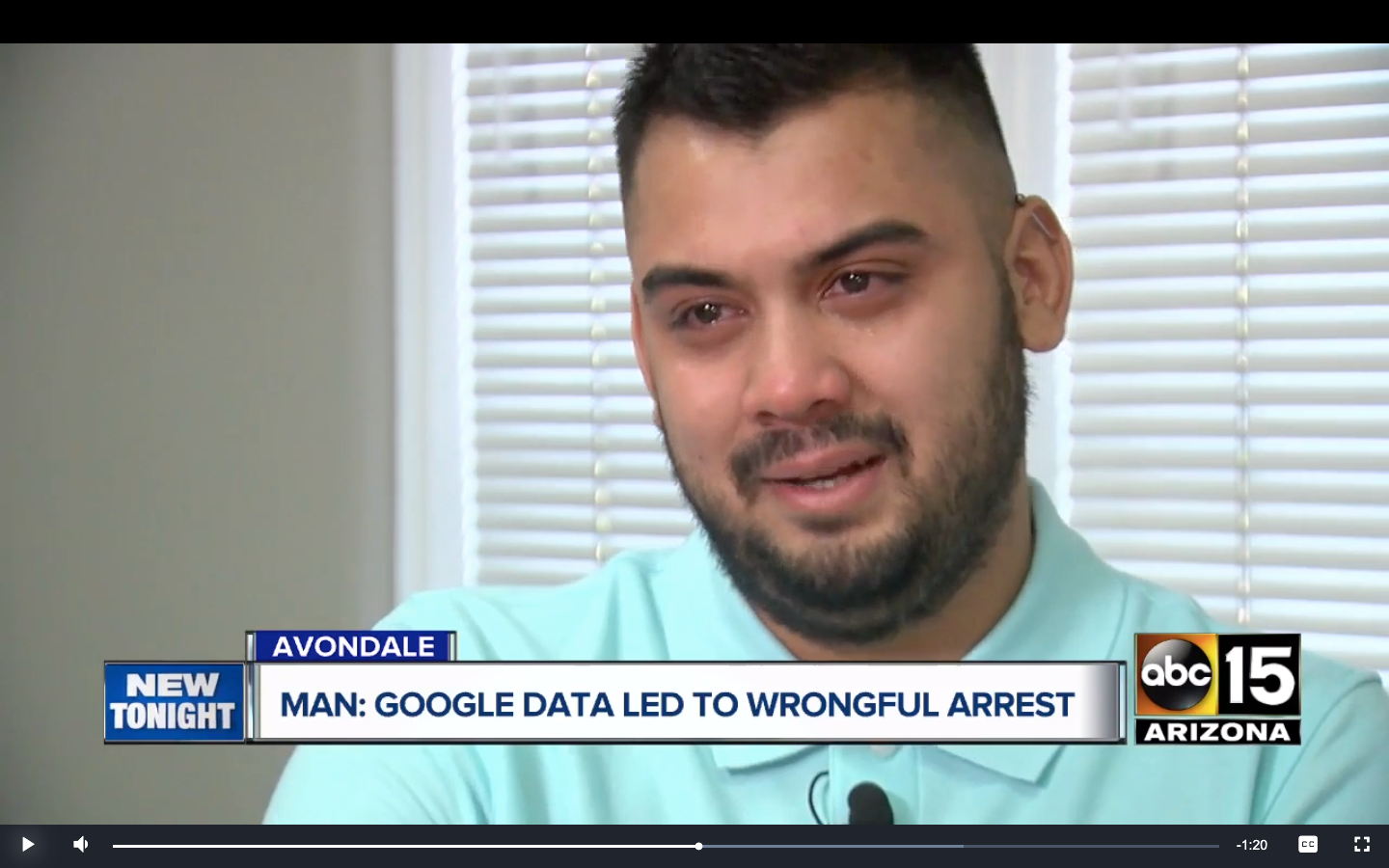This op-ed originally appeared in Real Clear Policy on September 14, 2023.
It’s easy to imagine worst-case scenarios with new technologies. The popular Netflix series, Black Mirror, shows the weaponization of such innovations while movies like Minority Report apply them to law enforcement.
But you don’t have to rely on fiction to see what these systems would look like in the real world. The Chinese social credit system punishes its citizens for bad driving, social media posts, smoking, buying video games, and so much more.
The number of infractions you can commit against the Chinese Communist Party are endless.
In the US, technology is becoming a pivotal way for governments to illegally surveil us. Although some of the worst offenses come from the federal level, state agencies and local police departments also engage in high-tech surveillance.
Between a Banjo and a Beehive
In 2020, Utah came dangerously close to implementing a public-private partnership between the attorney general’s office and the private tech firm, Banjo.
Ultimately, the $21 million contract to collect massive amounts of public and private data collapsed after the state auditor reported the program “lacked the advertised AI technology” and Banjo’s founder was linked to neo-nazism.
Banjo is one of many private surveillance companies that compete in the market for lucrative government contracts. Clearview AI, NSO Group, Bi2 Technologies, and Cellebrite are other big names competing in this government-sponsored industry.
Guilt By Appearance
Facial recognition programs are widely used by police nationwide. Aside from legal and ethical concerns, the technology has consistently demonstrated you don’t need to have done anything wrong for it to tag you as a suspect.
Louisiana:
Two arrest warrants were issued in Louisiana for a Georgia man named Randal Reid. He was accused of making purchases with stolen credit cards. The twist: Reid had never even been to Louisiana.
Nonetheless, they arrested and jailed him for six days until it became obvious facial recognition technology had misidentified him. Reid missed a week of work and proving his innocence cost his family thousands of dollars.

Maryland:
Alonzo Sawyer was accused of assaulting a bus driver in Baltimore and was jailed for nine days. Sawyer’s wife proved his innocence by highlighting clear differences between Sawyer’s physical appearance and the criminal in the CCTV footage, which was analyzed by FRT and even passed human review by Sawyer’s parole officer!
Guilty of Appearing Somewhere
Reverse geolocation searches, aka geofences, are also popular in identifying suspects. However, like FRT, stories of wrongful arrests call its true efficacy into question. These dragnet searches lack particularity and probable cause, which violate the Fourth Amendment.
Florida:
Zachary McCoy was targeted by police because data from an exercise app showed he rode his bike past a burglarized home in his neighborhood. Similar to the Maryland case, McCoy had to use his family savings to secure an attorney who would defend his innocence. Eventually, the warrant was withdrawn when it became evident that McCoy was innocent.

Arizona:
Police wrongfully arrested Jorge Molina after they used geofencing to link him to a fatal drive-by shooting. Molina spent six days in jail, despite police receiving evidence from his friends the morning after his arrest that he was with them at a movie. Not only was Molina defamed and publicly humiliated in a press release, the incident cost him his job and his car, forced him to drop out of school, and made it impossible for him to pass background checks.
Because police tend to keep this information a secret, we can’t know exactly how many geofences are conducted each year. However, reports coming out of Minnesota, North Carolina, and Utah show that police are eager to continue using them, despite their unconstitutional nature.

A Movement to Digitize the Fourth Amendment
Fortunately, civil liberty activists, policy experts, and well-informed lawmakers nationwide are creating legislative solutions to push back against the expansion of government surveillance.
Stories from victims continue to call into question law enforcement’s use of surveillance technology. Federal and local governments are being challenged over privacy violations in the courts. And efforts are underway to address the expiration of Section 702 of the Foreign Intelligence Surveillance Act.
It’s a long road to securing America’s privacy, but the political climate is ripening for this movement to take off.





